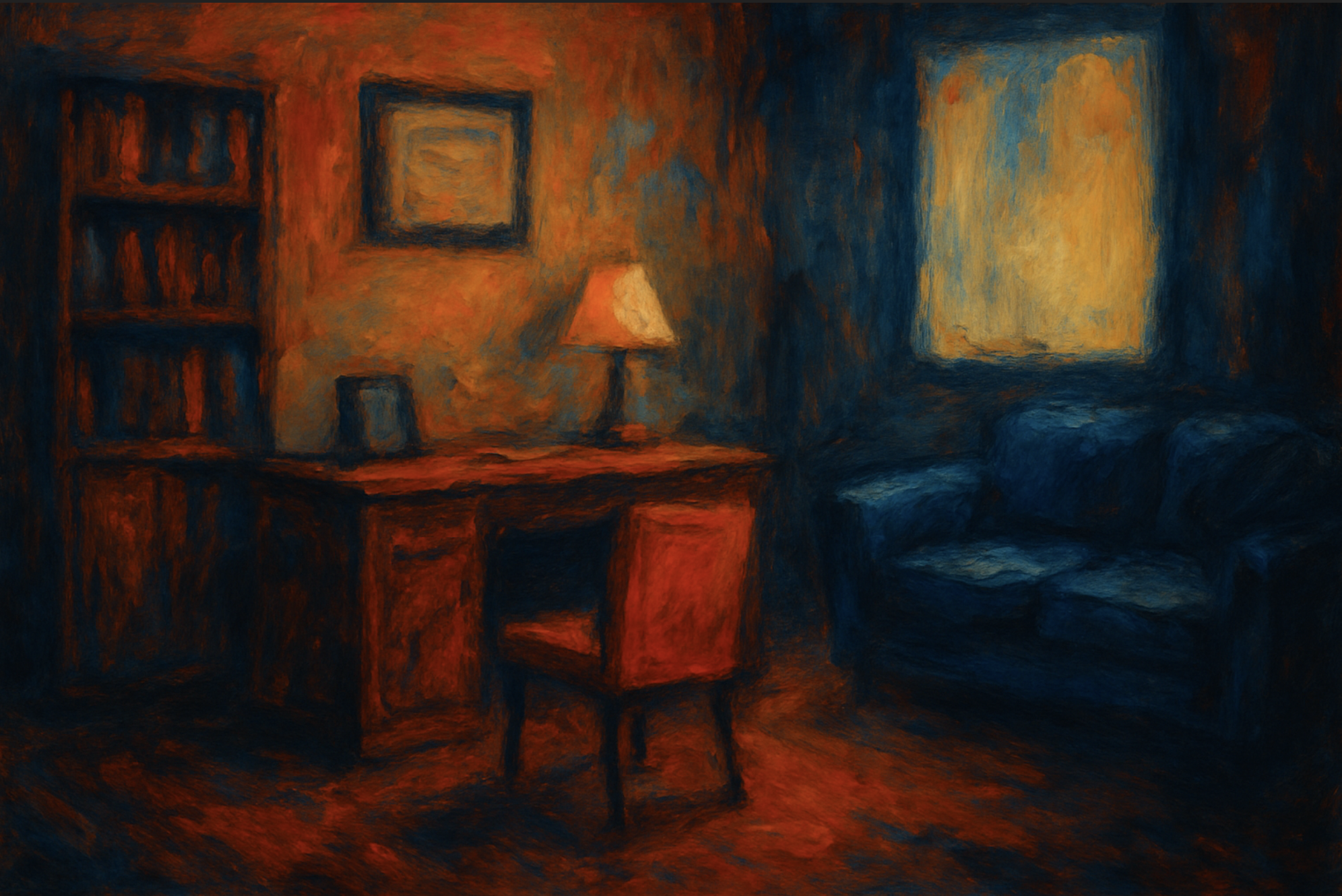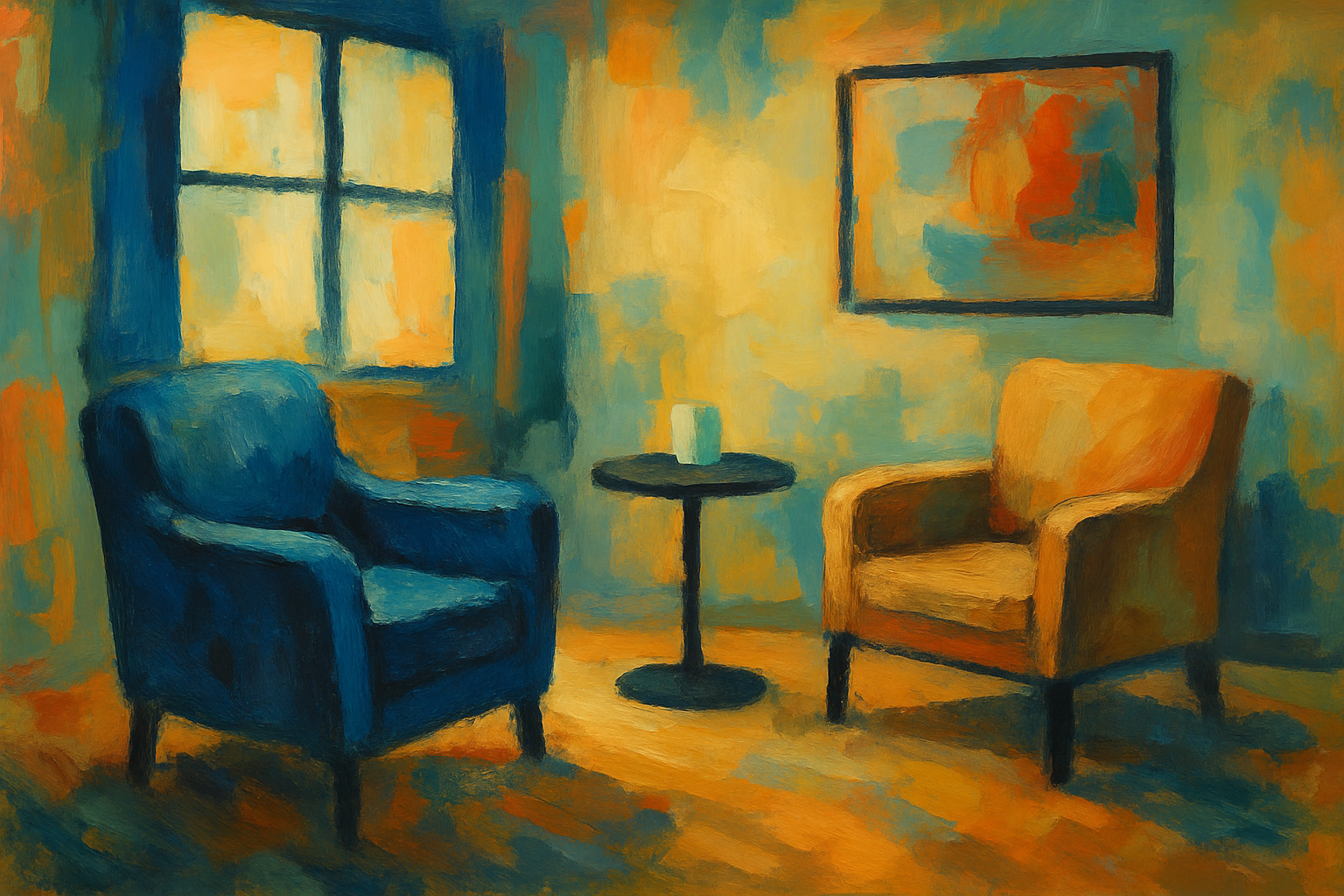Introduction to Porn Addiction
Porn addiction is becoming a widespread issue, affecting countless individuals across the globe. But what exactly is porn addiction? It’s a compulsive behavior where someone becomes dependent on consuming pornographic material, often at the expense of their emotional, social, and even physical well-being. Unlike healthy sexual expression, porn addiction is characterized by an overwhelming urge to seek out more and more extreme content, leading to feelings of guilt, shame, and isolation.
The Concept of Jouissance: What Drives Porn Addiction?
To truly understand porn addiction, we can turn to psychoanalysis, specifically a concept known as jouissance. This term, introduced by the psychoanalyst Jacques Lacan, refers to a type of pleasure that goes beyond what is normal or satisfying. It’s an intense, sometimes painful form of pleasure that people might chase even when it causes them harm.
When it comes to porn addiction, jouissance explains why individuals keep returning to pornography, even when it disrupts their lives. Unlike regular pleasure, which brings contentment, jouissance is about the thrill of excess—pushing boundaries and seeking out more extreme experiences. Unfortunately, this chase often leads to deeper dissatisfaction, as the intense pleasure that porn provides is always fleeting and unfulfilling.
The Dangers of Excessive Consumption
At first, consuming pornography might seem harmless, but when it becomes addictive, it can have serious consequences. The excessive pursuit of jouissance can lead to various issues:
- Emotional Impact: Many people struggling with porn addiction experience feelings of guilt, shame, and self-loathing. This emotional turmoil can lead to depression and anxiety, making the individual feel trapped in a cycle they cannot escape.
- Relationship Strain: Porn addiction often isolates the individual from their partner or loved ones. The secretive nature of the behavior and the unrealistic expectations set by pornography can create distance in relationships, leading to conflict and even breakups.
- Loss of Productivity: Time spent consuming pornography can interfere with work, hobbies, and personal goals. The addiction can take over, making it difficult to focus on anything else.
Breaking the Cycle: Understanding the Repetition Compulsion
A key factor in porn addiction is something called the repetition compulsion. This is a concept from psychoanalysis that describes a person’s tendency to repeat behaviors, even when they are harmful. In the case of porn addiction, the repetition compulsion drives individuals to seek out pornography again and again, even when they know it’s damaging their life.
This compulsion is closely tied to the death drive—a deep-seated, often unconscious force that leads people toward self-destructive behaviors. The more someone indulges in porn, the more they feel the need to repeat the experience, chasing that elusive, unsatisfying jouissance. It’s a cycle that’s difficult to break without understanding the underlying psychological dynamics.
Seeking Help: Overcoming Porn Addiction
The good news is that porn addiction, like any other addiction, can be treated. Understanding the role of jouissance and the repetition compulsion is crucial in breaking free from the cycle. Treatment often involves therapy, where individuals can explore the root causes of their addiction, confront their unconscious motivations, and develop healthier ways to experience pleasure.
Here are some steps to consider if you or someone you know is struggling with porn addiction:
- Acknowledge the Problem: The first step is recognizing that there is an issue. Addiction thrives in secrecy, so admitting the problem is a powerful move toward recovery.
- Seek Professional Help: Therapy, particularly with a professional who understands the dynamics of addiction and psychoanalytic concepts like jouissance, can be incredibly beneficial. A therapist can help you explore the underlying reasons for your addiction and work with you to develop healthier coping mechanisms.
- Build a Support Network: Recovery is often more successful when you have a support system. Whether it’s friends, family, or support groups, surrounding yourself with understanding and supportive people can make a big difference.
- Set Realistic Goals: Recovery from addiction is a journey. Setting small, achievable goals can help you regain control over your life, one step at a time.
Conclusion
Porn addiction is a complex issue rooted in deep psychological processes, such as the pursuit of jouissance. Understanding these dynamics is essential for overcoming the addiction and reclaiming control over your life. While the journey may be challenging, with the right support and treatment, recovery is absolutely possible.
If you or someone you know is struggling with porn addiction, don’t hesitate to reach out. We offer free consultations to help you understand your situation and provide guidance on the next steps. Remember, you don’t have to go through this alone—support is available, and recovery is within reach.

